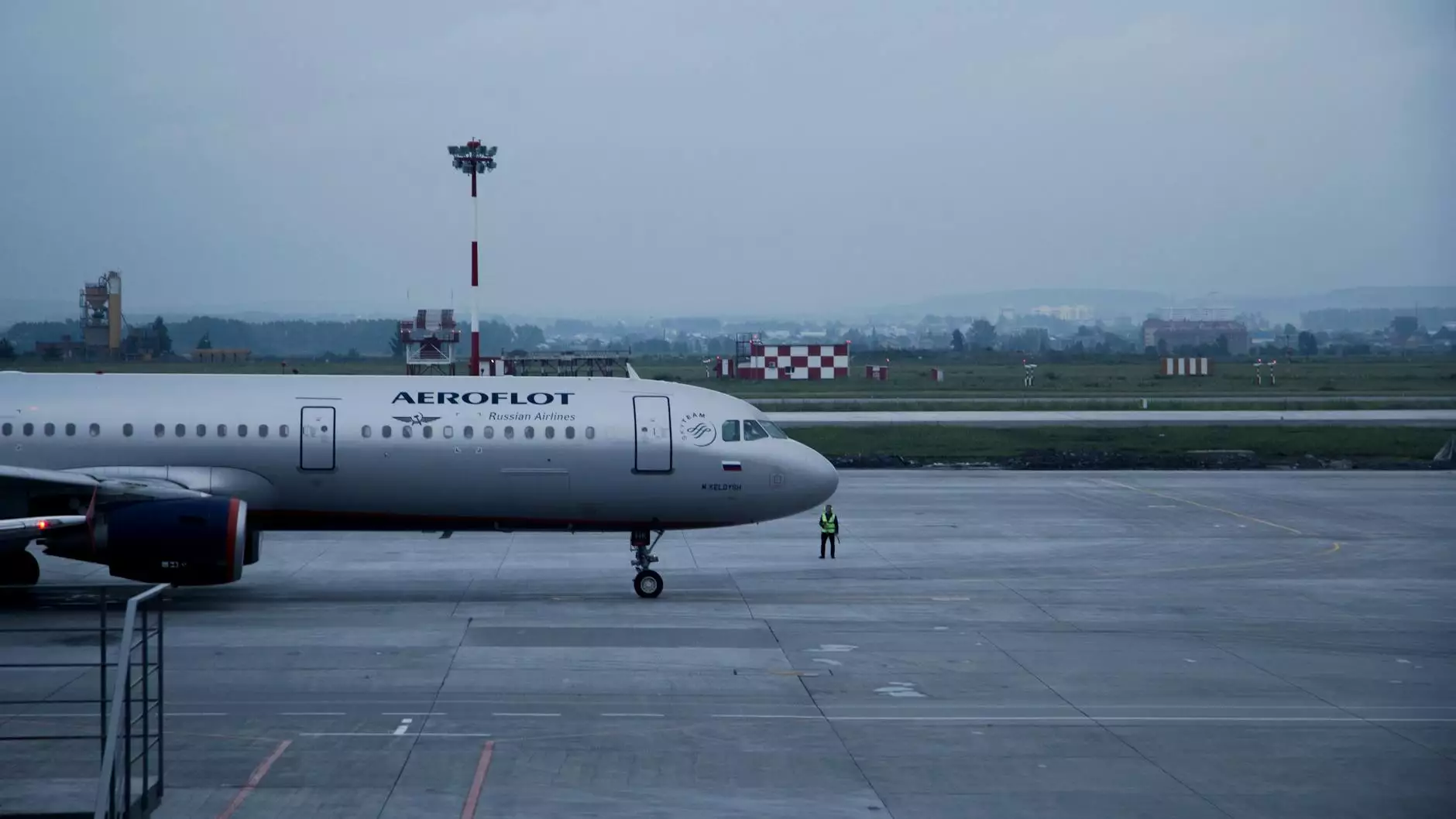Understanding the Role of Aerial Engineers in Modern Business

The world of business is rapidly evolving, particularly in fields such as Electronics, IT Services & Computer Repair, and Audio/Visual Equipment Rental. One of the key drivers of innovation and efficiency in these areas is the role of the aerial engineer. An aerial engineer specializes in the design, installation, and maintenance of aerial systems that incorporate advanced technology, ensuring seamless connectivity and optimal performance for businesses. In this article, we will delve into the various aspects of the aerial engineering profession and its significance in today's economic landscape.
The Importance of Aerial Engineers
Aerial engineers are essential in supporting infrastructure that contributes to communication, data transfer, and visual presentations. Their expertise ranges from satellite communications to elaborate audiovisual setups that businesses rely on to convey information effectively. Here are a few key reasons why aerial engineers are crucial:
- Enhancing Communication: Aerial engineers ensure that telecommunication networks function optimally, facilitating better communication within and between businesses.
- Supporting Remote Work: With the rise of remote working, the need for reliable aerial systems has increased, making aerial engineers indispensable in maintaining connections.
- Boosting Productivity: Efficient aerial systems contribute to high productivity levels by minimizing downtime and technical issues.
The Skill Set of Aerial Engineers
Aerial engineers are equipped with a robust skill set that allows them to tackle a variety of tasks related to electronics and audiovisual systems. Some of the primary skills include:
- Technical Knowledge: A deep understanding of electronics and telecommunications principles is essential for effective system design and troubleshooting.
- Problem-Solving Abilities: Aerial engineers must quickly diagnose issues and implement effective solutions to ensure system reliability.
- Project Management: Many aerial engineering projects require coordination between different teams; hence, project management skills are invaluable.
- Attention to Detail: Precision is crucial in aerial engineering, where even the slightest error can lead to significant problems.
Applications of Aerial Engineering in Business
The applications of aerial engineering are vast and varied, impacting numerous business sectors. Below, we explore some prominent applications:
1. Telecommunications
Aerial engineers design and install systems that enable wireless communication. This includes cellular networks, radio towers, and satellite communication systems that keep businesses connected.
2. Surveillance Systems
Businesses increasingly rely on aerial engineers to install and maintain surveillance systems. High-definition cameras and drones can provide businesses with crucial security and operation oversight, aiding in loss prevention and safety measures.
3. Event Setup and Management
For businesses hosting large-scale events or conferences, aerial engineers play a vital role in the audio and visual equipment setup. This includes sound systems, projectors, and lighting, which are critical for delivering professional presentations.
4. Network Infrastructure
In the age of digital transformation, the infrastructure supporting a company's internet and intranet is vital. Aerial engineers help set up networks that ensure fast, reliable connections for internal and external communications.
The Future of Aerial Engineering
As technology advances, the role of the aerial engineer will continue to evolve. Here are some trends shaping the future of this profession:
1. Integration of AI and Automation
Artificial Intelligence (AI) is set to revolutionize the field of aerial engineering. Engineers will increasingly integrate AI into systems to enhance monitoring, predictive maintenance, and optimization, reducing the need for manual checks.
2. Increased Demand for Drones
Drones are becoming commonplace in various industries, from agriculture to delivery services. Aerial engineers will be pivotal in designing and maintaining drone networks, ensuring that businesses can take advantage of this technology.
3. Sustainable Practices
With environmental concerns at the forefront, aerial engineers will need to adopt sustainable practices in their designs and installations. This includes using energy-efficient systems and promoting renewable energy sources.
Your Business and Aerial Engineering
For businesses operating in fields like Electronics, IT Services & Computer Repair, and Audio/Visual Equipment Rental, engaging with an aerial engineer is vital. Partnering with a skilled aerial engineer can lead to:
- Optimized system performance, ensuring that technology works seamlessly.
- Cost savings through efficient design and reduced downtime.
- Enhanced scalability as businesses expand and technology needs grow.
Conclusion
In conclusion, the role of an aerial engineer is integral to the success and advancement of modern businesses. Their expertise in designing, implementing, and maintaining aerial systems helps ensure that businesses remain competitive in a rapidly evolving marketplace. By embracing technology and addressing the specific needs of each business sector, aerial engineers contribute significantly to operational success, connecting organizations to the world while enhancing communication and productivity.









